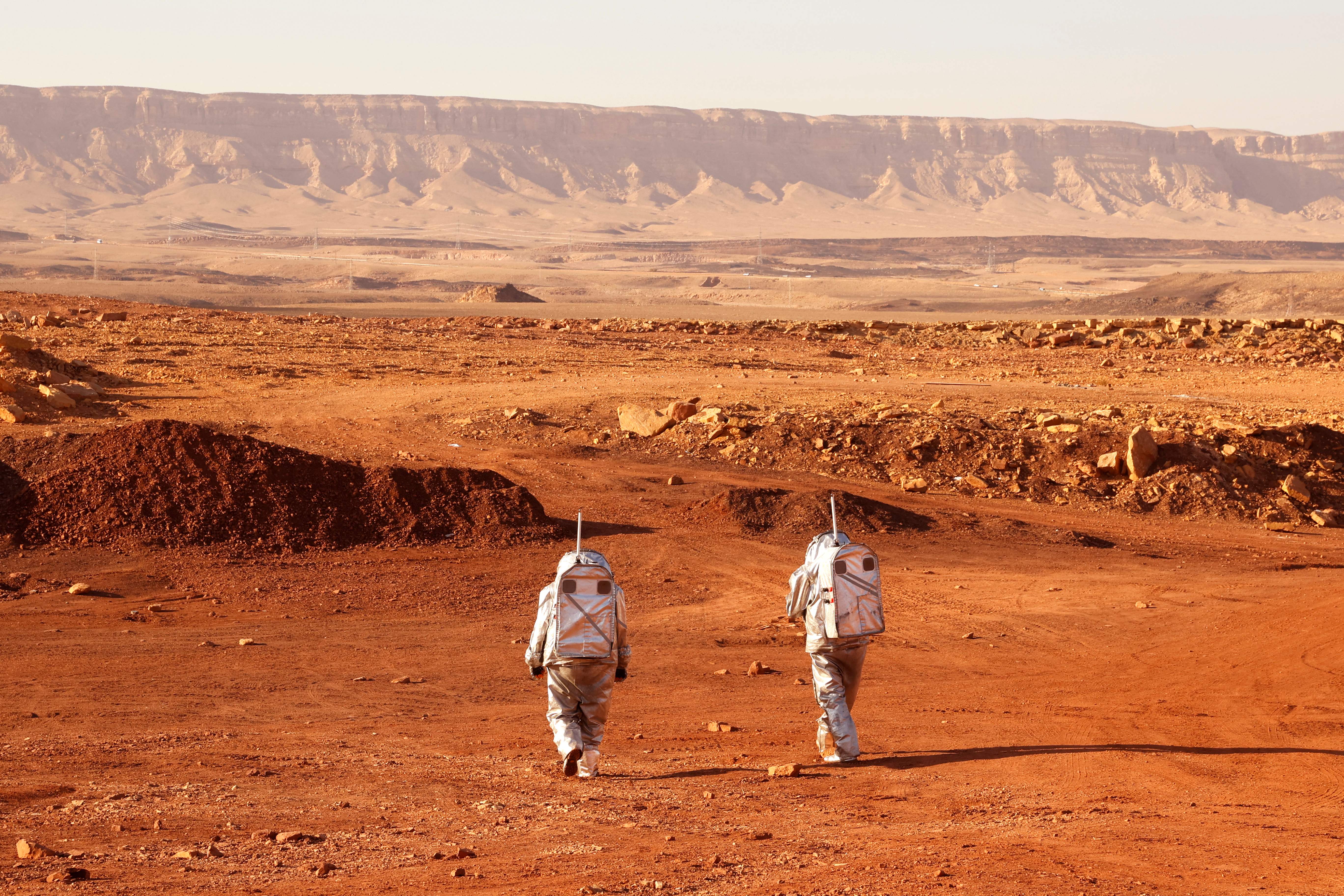Space missions are damaging astronauts’ brains, study finds
Findings come amid surge in private space tourism, as well as potential missions to Mars

Long space missions are damaging astronauts’ brains, scientists have said.
Experts now suggest that those who are spending a long time in space should take three years to allow their brains to recover from the changes experienced during their journeys.
Those are the findings of a new study looking at how brain’s react to leaving Earth’s gravity. It comes ahead of what is expected to be a new era of long journeys around space, including the first missions to Mars.
Researchers looked at brain scans of 30 astronauts, taken before and after they travelled to space. They found that journeys over six months left the brain’s ventricles significantly expanded – and they could take up to three years to recover.
The ventricles are cavities in the brain that are filled with a fluid that protects and nourishes the brain, as well as removing waste. Usually, that fluid is helpfully distributed around the body, but the lack of gravity in space can mean that the fluid is pushed upward and shoves the brain higher in the skull.
“We found that the more time people spent in space, the larger their ventricles became,” said Rachael Seidler, a professor of applied physiology and kinesiology at the University of Florida and an author of the study. “Many astronauts travel to space more than one time, and our study shows it takes about three years between flights for the ventricles to fully recover.”
Of the 30 astronauts in the study, eight had been to space for two weeks, 18 went on six-month missions, and four travelled for a year. After two weeks, the brain had not noticeable changed, and after six months the changes appeared to stop.
That is helpful for those involved in short trips of the kind that are being offered through tourism projects such as those from SpaceX.
It might also be helpful to those astronauts who are going on long journeys, such as those to Mars. Researchers are yet to examine those who have travelled for more than a year – but the lack of changes between six and 12 months may also be good news for those long journeys.
“We were happy to see that the changes don’t increase exponentially, considering we will eventually have people in space for longer periods,” said Professor Seidler..
Join our commenting forum
Join thought-provoking conversations, follow other Independent readers and see their replies
Comments
Bookmark popover
Removed from bookmarks